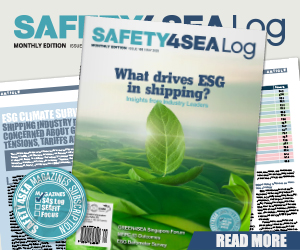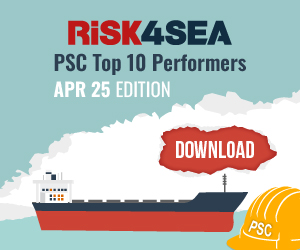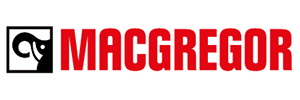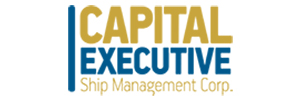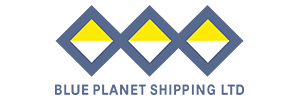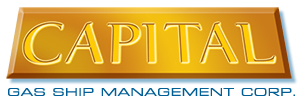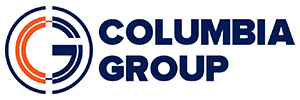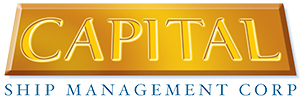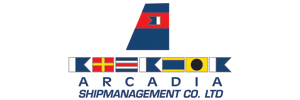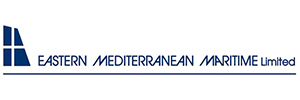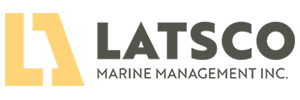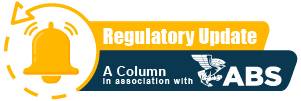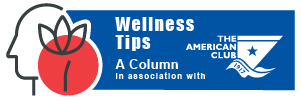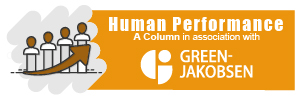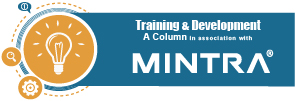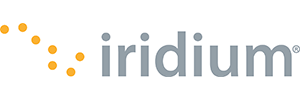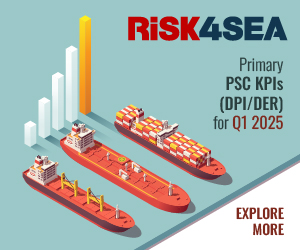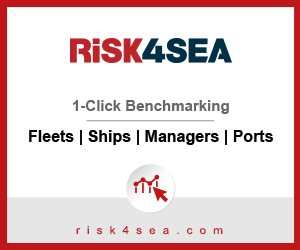Eastern Pacific Shipping (EPS) has partnered with Avikus, a subsidiary of HD Hyundai, to install advanced autonomous navigation systems on two of its vessels, a bulk carrier and a suezmax tanker.
Under the agreement, Avikus will install its AI-powered HiNAS Control solution, including hardware and software, along with HiNAS Cloud, an analytics platform for shore-side fleet monitoring. The scope also includes full commissioning and a training programme encompassing onboard and ongoing online crew education.
EPS is proud to lead the industry in adopting cutting-edge technologies that support safer, smarter and greener operations. This partnership with Avikus will enable us to accelerate our digital transformation while delivering measurable performance and sustainability gains across our fleet
… said Sachin Saharawat, Technical Director at EPS.
As explained, HiNAS Control uses real-time sensor fusion and machine learning to assist with autonomous navigation and optimize routing for ships. It enables more accurate vessel control across various sea and weather conditions, helping reduce fuel use. Meanwhile, HiNAS Cloud provides shore-based teams with tools for analyzing voyage data and supporting decision-making. Together, these Hyundai Intelligent Navigation Assistant System components aim to improve operational efficiency and cut emissions.
This agreement validates the strength of our autonomous technology and its ability to deliver tangible fuel savings and safety improvements. We are excited to expand our international retrofit footprint through this milestone collaboration
… commented Dohyeong Lim, CEO of Avikus.
The signing ceremony took place in Singapore with Sachin Saharawat, EPS’s Technical Director, and Dohyeong Lim, Avikus’s CEO, in attendance.
While still in the developmental and regulatory phases, autonomous navigation has the potential to transform global shipping by increasing efficiency and enabling more sustainable maritime logistics. In a recent report titled ”Maritime Autonomous Surface Ships (MASS): Creating a Framework for Efficiency, Safety, and Compliance”, Lloyd’s Register has emphasized the imperative need for the industry to develop regulatory and assurance frameworks essential for ensuring the operational safety of MASS. Presently, MSC 108 (15 to 24 May 2024) agreed to the revise the Road Map for the development of a MASS Code, as follows:
- May 2025 – finalize and adopt non-mandatory MASS Code
- First half of 2026 – develop framework for an experience-building phase (EPB)
- 2028 – commence development of the mandatory MASS Code, based on the non-mandatory Code, and consider amendments to SOLAS (new chapter) for the Code’s adoption
- By 1 July 2030 – adoption of the mandatory Code, for entry into force on 1 Jan 2032











































